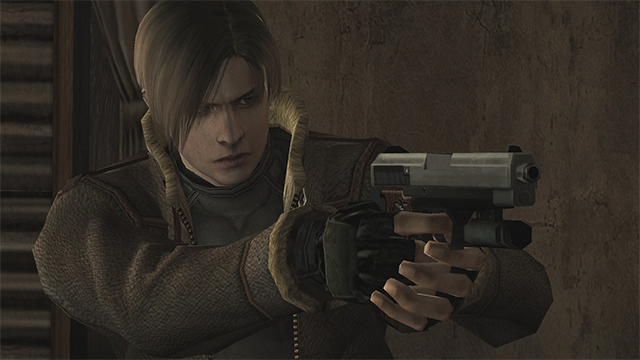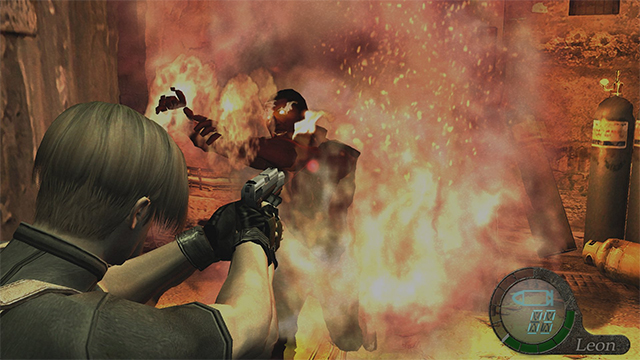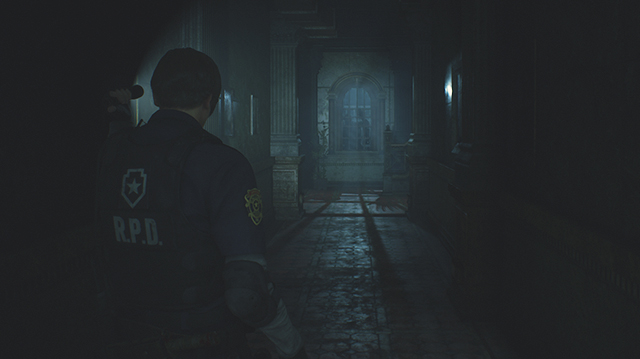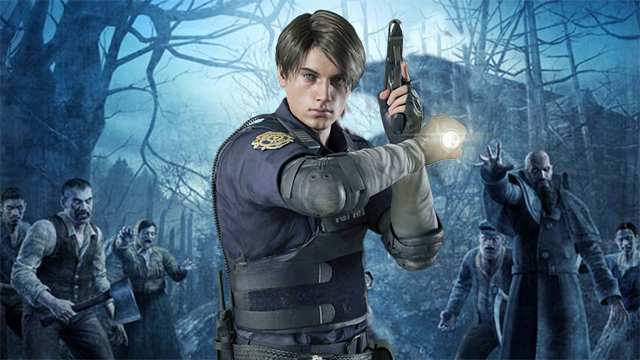The Resident Evil series has symbolized Capcom’s relentless thirst for remakes and remasters, spreading around a majority of the franchise like the dreaded T-virus. Capcom has only given the full monty to the first three numbered entries and with the recent release of the Resident Evil 3 remake, that leaves Resident Evil 4 as the next likely candidate to get this top-level treatment.
Despite reservations that fans might have (as clearly outlined in PCGamer‘s article that inspired this rebuttal of sorts), it’s finally time for Capcom to stop merely porting the celebrated classic and fully commit to a Resident Evil 4 remake.
It’s time to bring 2005’s visuals into 2020 (or beyond)

Resident Evil 4’s visuals would most easily benefit from today’s horsepower. For all of the re-releases this game has seen, they’re almost all essentially from the same blueprint of the GameCube original’s visual tricks and the PS2 port’s swath of added content. This foundation has meant that every port looks essentially the same as it did back in 2005. Capcom did very little to the HD versions, meaning that its dated textures are still noticeable despite the resolution bump.
Solid art direction keeps RE4 from being an ugly game, but there is still so much that could be done, especially with new hardware on the horizon and the remarkable RE Engine. Resident Evil 7 and both recent remakes all look absolutely incredible because of their engine that was able to drape those small environments in an impressive amount of detail. Great visuals can improve almost any type of game, but horror is uniquely positioned to benefit the most from graphical upgrades and more horsepower.
ALSO: Resident Evil 3 Remake Review | Seeing S.T.A.R.S.
Better lighting and shadows can more easily facilitate a more oppressive atmosphere that the remakes so beautifully demonstrated. Tiptoeing around the Raccoon City Police Department was always suspenseful, but the remake ratcheted up that tension tenfold and its lighting played no small part in that.
There are even plenty of spots where a splash of spooky darkness could improve RE4. The opening village shootout would have even more mystery. The Verdugo boss fight would be almost like fighting a xenomorph as it slithers away into the darkness. Hearing a Regenerator without seeing it first or having to run away from it with dim lighting sounds like a ride. RE4 was originally more of a shooter, but modern technology could help it properly realize its horror roots without sacrificing the action that it’s known for.
Aiming at its few weaknesses

Resident Evil 4’s shooting is going to the most highly contentious part of this remake because of how fluid its combat is to this day. Leon can’t move and shoot, but the game is almost flawlessly designed around that concept, which is something RE5 failed to understand. Letting players move and shoot would drastically change the experience in a way that could potentially harm the thrilling combat loop if the proper work isn’t done to the game’s enemies.
But that doesn’t mean it couldn’t be streamlined. A D-pad quick select for weapons seems almost essential and healing should be context sensitive, both of which would cut down on all of the tedious menu surfing in all versions of the game. Resident Evil 4’s action and horror aspects would be better served if players didn’t have to constantly dive into the pause screen and reveal where the game could almost objectively be improved. Strafing while not aiming may be a bigger change, but reducing some of the awkward movement in the game would be a net gain.
The push for modernity also calls the game’s quick time events into question. Back then, they were new and kept players on their toes even during cutscenes. Now, they’re old and maligned in many new games as they are sloppy attempts to force in interactivity. Mashing a button to run away from a boulder just doesn’t work and would reveal the game’s true age more than almost any other aspect.
While those should probably just be standard features, a Resident Evil 4 remake should also have more options like a traditional reticle, camera control, and more accessibility options. Those would help modernize it without gutting the core experience. Purists and newcomers alike should be able to find their own way to play through these options and Capcom would be foolish to not let players heavily tweak the game to their liking.
A history of paying respect to its history

Coincidentally, many skeptics are worried that Capcom itself will heavily tweak the game but the publisher has already demonstrated that it can touch up to its back catalog without sacrificing the soul that made those entries so memorable. Facing down Mr. X is still terrifying, but new technology let his terror live on in a way that feels appropriate for the current era. The RPD is darker in the remake yet is a natural extension of the same place in the 1998 PS1 title. Nemesis was never a hot piece of ass, but the remake turned him into a more grotesque and scary monster. And even though RE1 kept the fixed camera angles, the Crimson Heads and ability to escape grabs were two gameplay additions that respectfully enriched the experience. It was also a dramatically better looking remake and that extra fidelity made the tense atmosphere of the mansion even more tense.
ALSO: How Capcom has mastered difficulty and honored its legacy
The RE2 and RE3 remakes brought those old titles to life in a new perspective yet retained their tension and core gameplay pillars. The original Resident Evil remake kept the same perspective yet still found ways to improve and become the definitive version of the game. Since a Resident Evil 4 remake would likely still be a third-person shooter, it might be more plausible to follow the approach of that original remake in how it didn’t drastically reimagine the game. Instead, it could add just a few things — be it extra modes or a couple more enemies — in a way that consistent with what’s already there on top of a bringing the visuals and animation up to contemporary standards.
Despite the success of those three remakes, there is still an understandable hesitation surrounding the possibility of a Resident Evil 4 remake. The base game plays well today and there’s a chance a new team could tamper with it and lessen its impact. After all, it is the most modern of the first four games and doesn’t beg for a remake like the original trilogy.
But that shows a lack of faith for a publisher that has repeatedly demonstrated its ability to honorably add to its best games without forfeiting their identities in the process. Resident Evil 4 is a sacred game, but Capcom has earned at least the chance to go back and bring that title into the modern era. If it fails, then there are still plenty of old Resident Evil 4 ports to play since remakes don’t destroy all copies of the original. But if it succeeds, then there will be a whole new era of Resident Evil 4 ports that we can enjoy time and time again.







